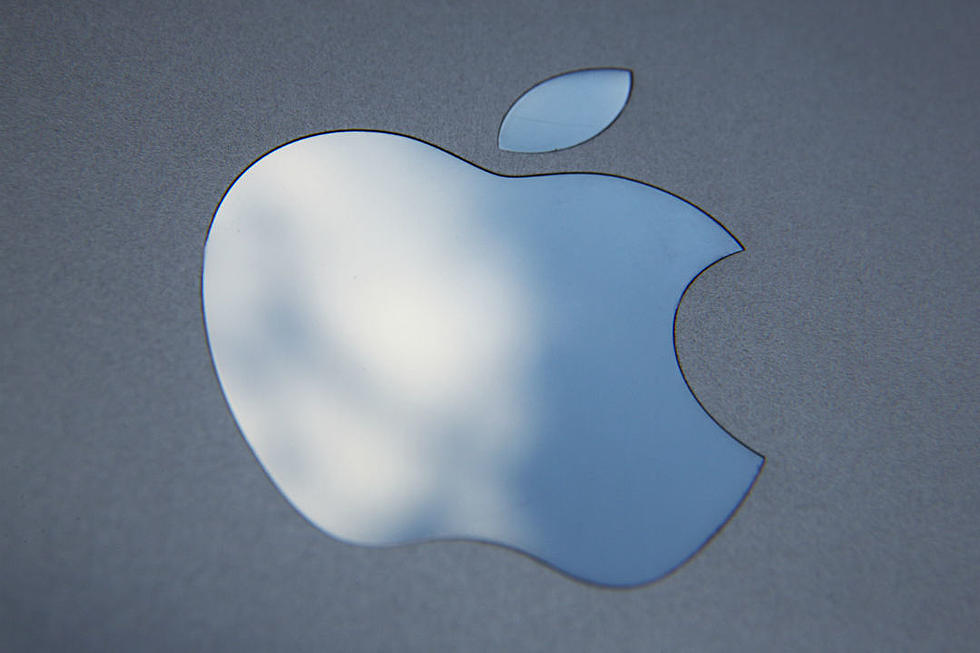
You Don’t Necessarily Own the Movies You Buy on Apple’s iTunes Store
A lawsuit that’s moving forward in California serves as yet another reminder that “buying” a digital copy of something from an online retailer does not mean you necessarily own it forever. The fine print on these sites almost always reveal that said retailers can revoke your “ownership” of the purchased titles for various reasons, without having to reimburse you.
The current legal case working its way through the California courts involves Apple and movies purchased through its iTunes store. The lead plaintiff in the class action suit argues “this labeling is deceptive as the use of a ‘Buy’ button and representation that content has been ‘Purchased’ leads consumers to believe their access cannot be revoked.” They also allege this is “untrue as Apple reserves the right to terminate the consumers’ access and use of content at any time, and in fact, has done so on numerous occasions.” The plaintiff claims they “would not have purchased the content or would not have paid as much, if he had known that his access and use could be terminated at any time.”
Apple tried to get the lawsuit dismissed, claiming that consumers know that buying something on iTunes doesn’t mean buying it forever. The judge instead rejected that argument, and allowed the case to proceed, writing (via The Hollywood Reporter):
Apple contends that '[n]o reasonable consumer would believe' that purchased content would remain on the iTunes platform indefinitely. But in common usage, the term 'buy' means to acquire possession over something. It seems plausible, at least at the motion to dismiss stage, that reasonable consumers would expect their access couldn’t be revoked.
The case sounds almost identical to a similar one that was in the news last October involving Amazon and their own on-demand film and TV service. There, a woman sued Amazon upon discovering that her access to movies she “bought” on Amazon could vanish at any time. Amazon’s defense in that case was that their terms of use “expressly state that purchasers obtain only a limited license to view video content and that purchased content may become unavailable due to provider license restriction or other reasons.” In other words, she should have read the fine print before she clicked the big button that said “Buy.”
In both of these cases, it’s up to judges to determine the outcome. In the meantime, it’s worth remembering this is exactly how Apple, Amazon, and others intend their services to work. What you’re really buying is not a movie but an “indefinite” window to watch something on a website or app. And indefinite does not mean permanent. If you want a permanent copy of something, you might want to invest in a physical copy rather than a digital one.
Gallery — The Lost Films and Director’s Cuts We Most Want To Watch:
More From Mix 97.9 FM










